Spinoza's Critique of Religion and its Heirs: Marx, Benjamin, Adorno
Spinoza's heritage has been occluded by his incorporation into the single, western, philosophical canon formed and enforced by theologico-political condemnation, and his heritage is further occluded by controversies whose secular garb shields their religious origins. By situating Spinoza's thought in a materialist Aristotelian tradition, this book sheds new light on those who inherit Spinoza's thought and its consequences materially and historically rather than metaphysically. By focusing on Marx, Benjamin, and Adorno, Idit Dobbs-Weinstein explores the manner in which Spinoza's radical critique of religion shapes materialist critiques of the philosophy of history. Dobbs-Weinstein argues that two radically opposed notions of temporality and history are at stake for these thinkers, an onto-theological future-oriented one and a political one oriented to the past for the sake of the present or, more precisely, for the sake of actively resisting the persistent barbarism at the heart of culture.
{{comment.content}}

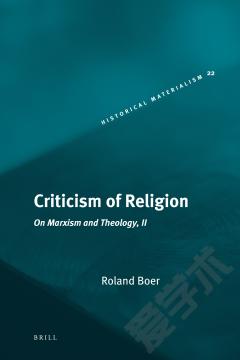

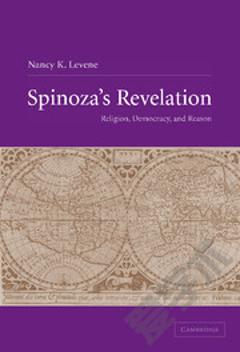
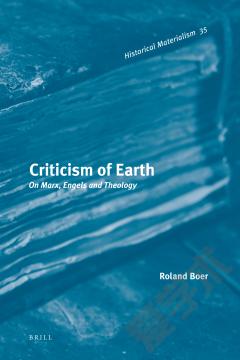
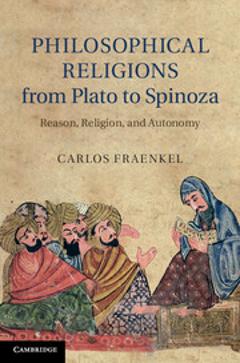
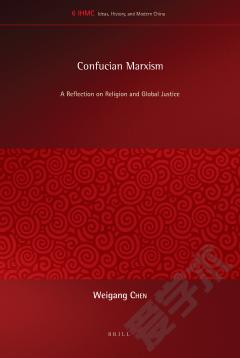

 京公网安备 11010802027623号
京公网安备 11010802027623号